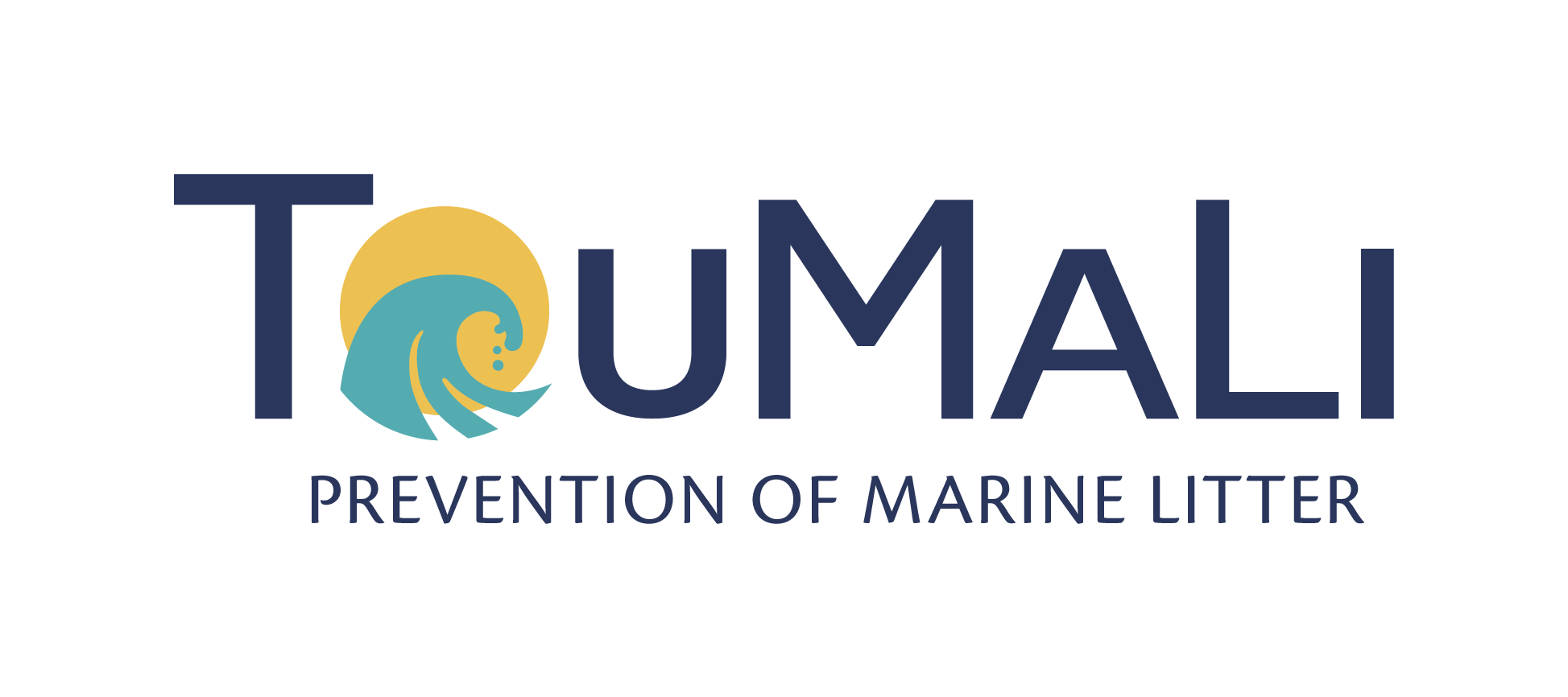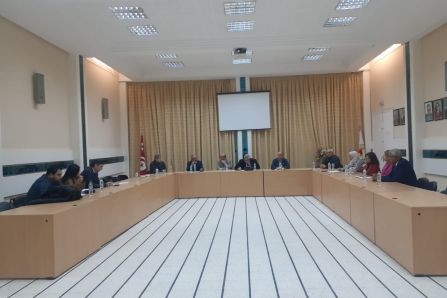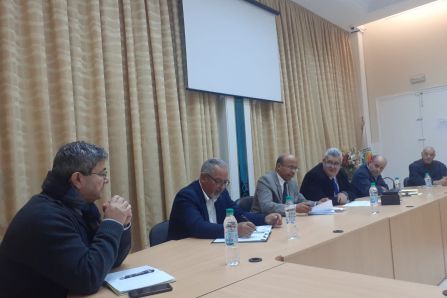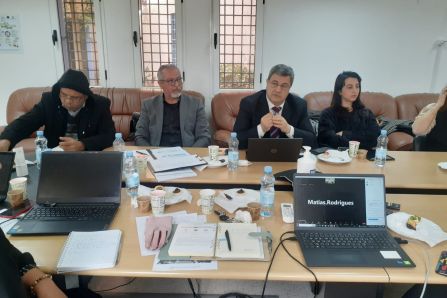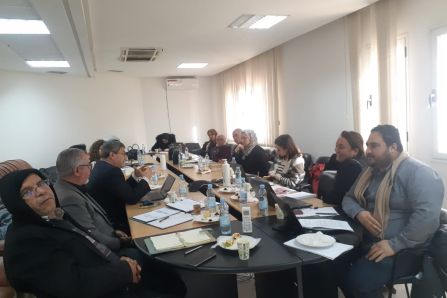TouMaLi Project Advances in Tunisia: Stakeholders Convene for Coordination Meetings
In a concerted effort to drive forward the objectives of the TouMaLi project in Tunisia, several coordination meetings took place throughout January 2024, marking significant progress in the initiative's implementation.
One of the highlights of the monitoring process involved a visit by the international project coordinator, culminating in a strategic meeting at ANGED on January 8th. Attended by key stakeholders, discussions centered around the activation of the Extended Producer Responsibility (EPR) system within Tunisia and its potential integration into the public Eco-Lef system, underscoring the nation's commitment to sustainable practices.
Subsequent to the ANGED session, an internal meeting convened at CITET, where the international project coordinator engaged with the CITET team to evaluate the project's advancement and chart the course for upcoming phases.
On January 9th, attention shifted to Hammam Sousse, where a series of deliberations unfolded involving the CITET team, the project's international coordinator, and a consortium of stakeholders including representatives from the Hammam Sousse municipality, APAL, Econnexions, ANGED Sousse, and local NGOs.
The agenda for the Hammam Sousse meetings encompassed several key objectives:
- Finalizing the initial set of tender documents (DAO) in collaboration with municipal representatives, essential for the establishment of the pilot center, with a particular emphasis on crafting plans for the design and execution of a plastic waste transfer center catering to the HoReCa sector.
- Delving into the legal framework surrounding the TouMaLi center, fostering discourse among stakeholders to explore viable legal structures conducive to its sustainability and efficacy.
- Fostering an open dialogue with local partners entrenched in Hammam Sousse's tourism waste management ecosystem, recognizing their pivotal role in shaping the project's trajectory and ensuring its resonance within the community.
These deliberations underscored the collaborative spirit driving the TouMaLi project forward, as diverse stakeholders united to address pressing environmental challenges and foster sustainable solutions tailored to Tunisia's unique landscape. As momentum builds, the project stands poised to enact tangible change, epitomizing the power of collective action in pursuit of a greener, more resilient future.
Furthermore, on the 12th of January, the TouMaLi project steering committee convened for its 5th meeting at CITET. All members of the steering committee, including the University of Rostock team, the Tellus advisory team, and the esteemed German partners (Landbell, BFS, and Adelphi), were extended invitations to participate in the session via Zoom, exemplifying the project's commitment to inclusive collaboration across borders.
The meeting was structured around three primary objectives:
- To present the principal findings derived from the beach monitoring activities conducted as part of the TouMaLi project in Tunisia, providing valuable insights into coastal environmental dynamics.
- To engage in deliberations surrounding the three distinct scenarios proposed by legal experts and informed by a comprehensive socio-economic study, with the aim of determining and validating the most suitable legal framework for the TouMaLi center.
- To unveil the revised version of the CCTP (Cahier des Conditions Techniques Particulières) pertaining to the establishment of a pilot waste management unit tailored to the HoReCa sector, alongside the procurement of waste management equipment. This iteration of the CCTP reflects a synthesis of feedback and suggestions from all project partners, signaling a collaborative endeavor to optimize project efficacy and impact.
The meeting served as a nexus for interdisciplinary discourse and strategic planning, emblematic of the TouMaLi project's ethos of collective problem-solving and innovation. As stakeholders unite in pursuit of sustainable solutions, the fruits of their collaboration promise to herald a brighter, cleaner future for Tunisia's environmental landscape.
